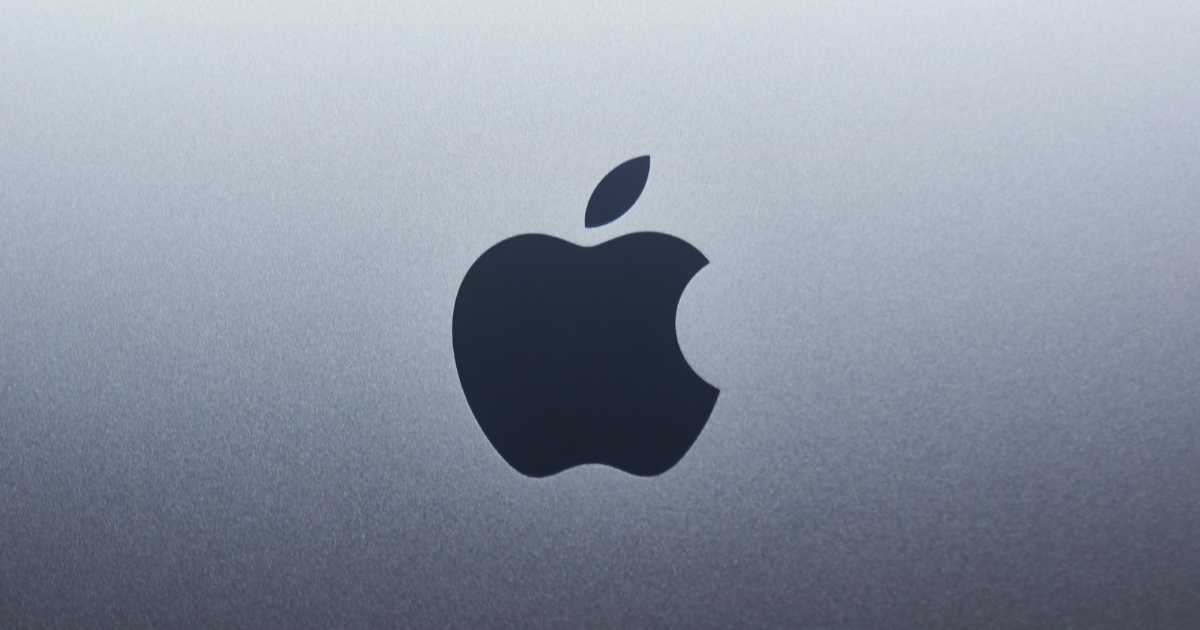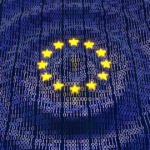The world’s largest tech companies are becoming increasingly involved in the policymaking process in Brussels, as discussions over new and far-reaching tech rules heat up. Apple, Amazon, Meta, Google, and Microsoft have all boosted their lobbying spending, according to new data from the EU Transparency Register.
The increase, which hasn’t been previously reported, came as the bloc discussed a set of new rules aimed at reining in the power of the internet giants and cracking down on illegal content. These new rules include the Digital Services Act (DSA), the Digital Markets Act (DMA), and the Artificial Intelligence Act, which will mark a significant shift in the regulatory landscape that Big Tech will have to navigate.
The new data sheds light on the increasing efforts these Silicon Valley giants undertook to influence the development of these new rules in Brussels. According to the Corporate Europe Observatory, since the beginning of Ursula von der Leyen’s tenure as president of the European Commission in 2019, tech companies and lobbying groups have had more than 150 meetings with EU officials to discuss the DMA and the DSA.
Apple roughly doubled its lobbying spending to around €7 million in the period from October 2020 to September 2021, compared to its spending of around €3.7 million in the previous 12-month period. The increase is even more striking when compared to previous years; in 2014, for example, Apple’s lobbying spending was less than a million euros.
Other tech giants, including Amazon, Microsoft, Meta, and Google, also increased their lobbying spending during this period. Google and Meta declared budgets of up to €6.5 million, followed by Microsoft at up to €6 million, and Amazon’s €3.5 million.
The amounts reported in the Transparency Register are ranges, with Apple’s range being €6.5 million to €7 million. At the upper range, the five tech giants spent €29.5 million on lobbying EU institutions in the period covered by the new data, an increase of almost one-quarter from the previous period.
The data also reveals that Apple beefed up its team of lobbyists, declaring 7.2 full-time equivalent lobbying positions compared with 4.5 previously. This is an indication that the company is taking its lobbying efforts in Brussels more seriously and sees the new tech rules as a significant risk to its business operations.
Overall, the new data highlights the extent to which these tech companies are willing to spend on lobbying efforts to influence policymaking in Brussels. With these new tech rules on the horizon, it’s clear that the battle for influence will continue as Big Tech attempts to shape the regulatory environment in which it operates.






